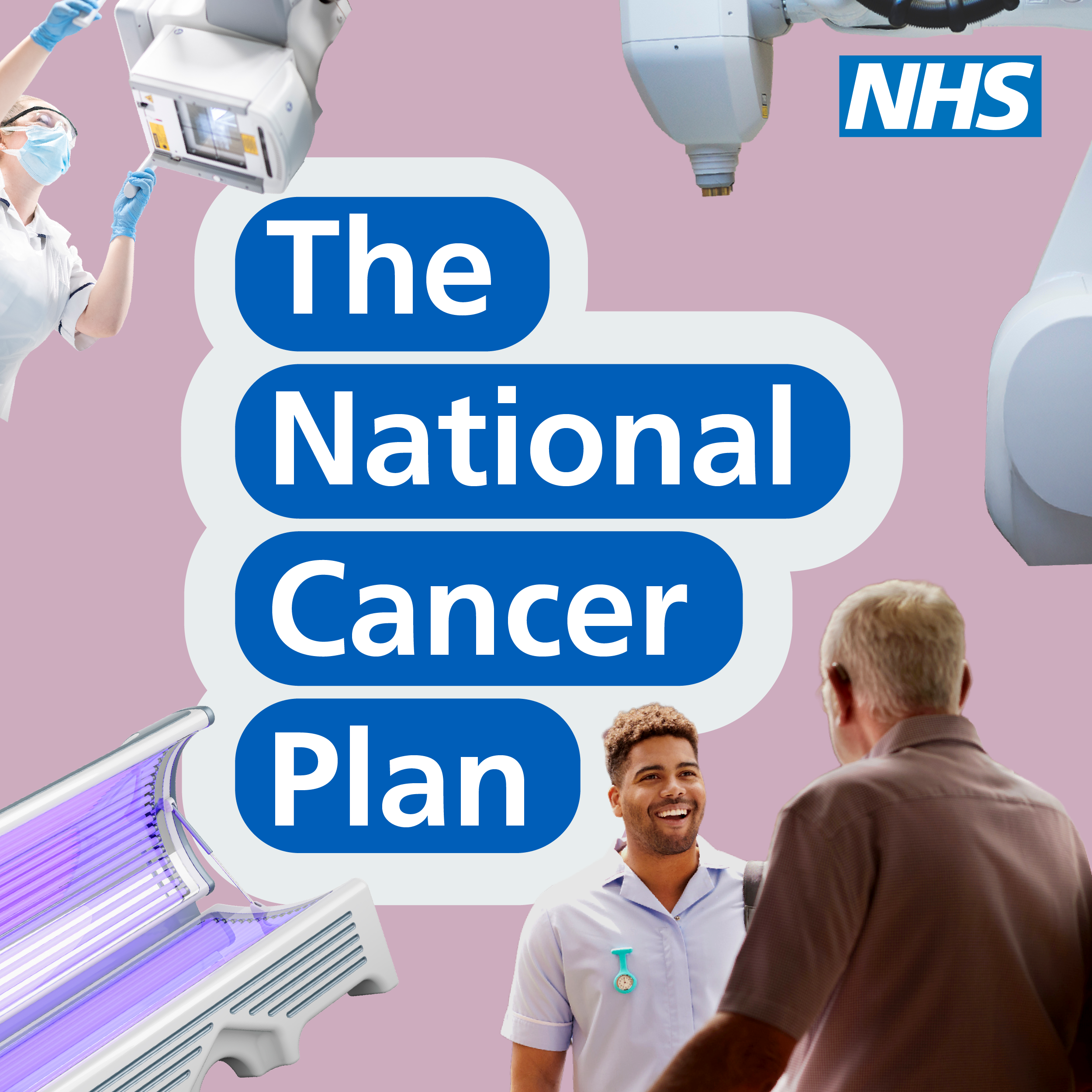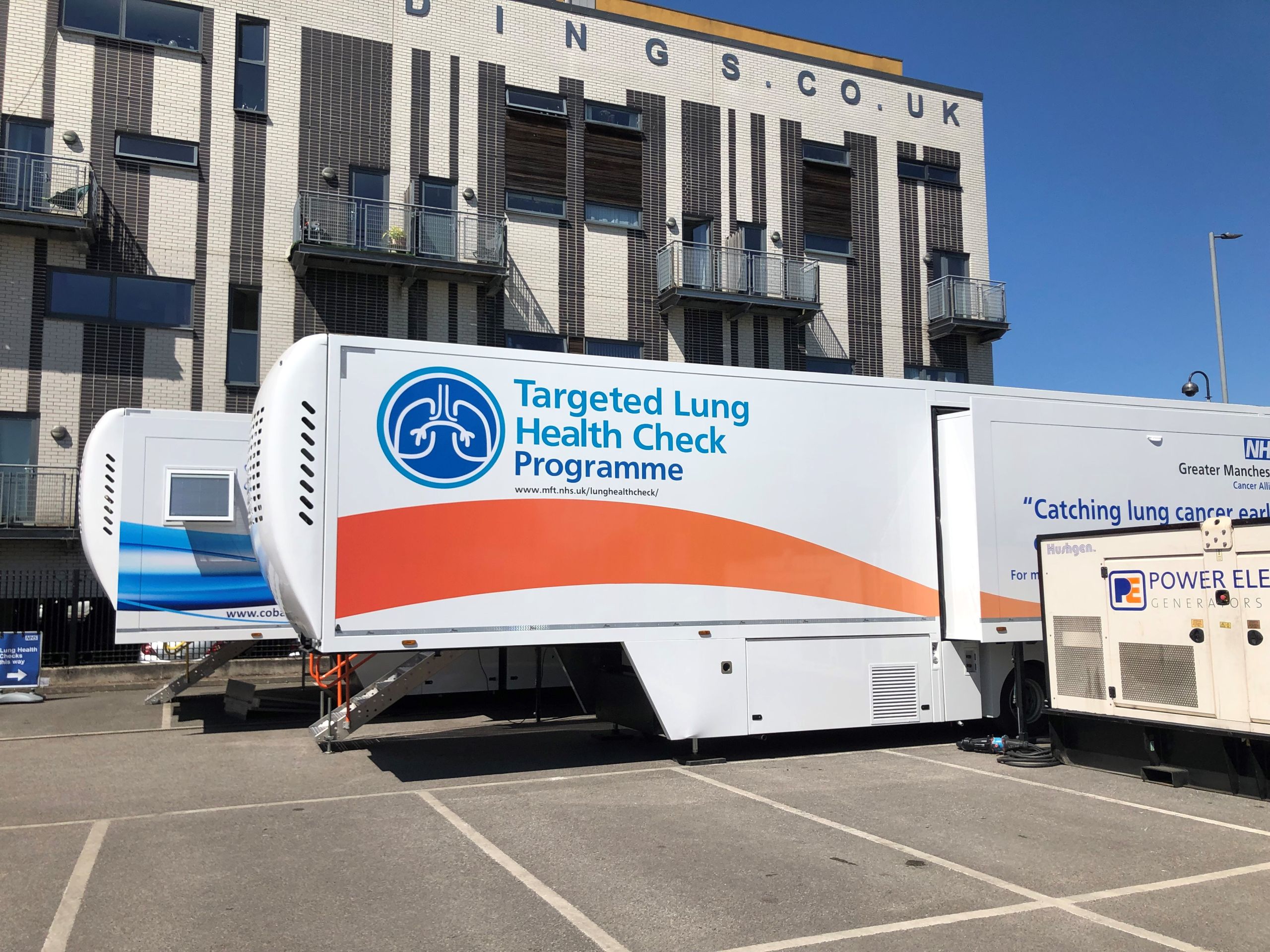
A new AI-tool which helps identify men who need prostate cancer treatment most urgently is being launched by Greater Manchester Cancer Alliance at hospitals in the region.
Greater Manchester Cancer Alliance is one of five cancer alliances to share a £2.25 million cash injection announced by the Small Business Research Initiative (SBRI) Healthcare to fund the scheme.
The work was commissioned and funded by the NHS Cancer Programme, with the support of SBRI Healthcare and the Accelerated Access Collaborative (AAC).
The funding will support the roll out of Lucida Medical’s AI technology, Prostate Intelligence (Pi™) across three Trusts in Greater Manchester led by Greater Manchester Cancer Alliance.
Prostate cancer affects 1 in 8 men and is the most common cancer in men in the UK. Early detection can improve the likelihood of successful treatment in almost all men. But currently around 50% of prostate cancers in the UK are diagnosed at a late stage once the cancer has spread.
Men who go to their GP with suspected prostate cancer symptoms or who have a PSA test that needs further investigation usually go on to hospital for an MRI scan. This can rule out prostate cancer or show they need further investigations.
The new AI tool automates the analysis of prostate MRI scans using validated NHS data to support radiologists. The system identifies 95 out of 100 people who have prostate cancer correctly and rules out prostate cancer. It will be used alongside radiologists allowing them to prioritise the review of the MRIs identified as suspicious, helping to detect (or rule out) cancer more quickly.
Dr Rhidian Bramley, Clinical Lead for Diagnostics at Greater Manchester Cancer Alliance, and Consultant Radiologist at The Christie NHS Foundation Trust, said: “This technology will support our radiologists across Greater Manchester to diagnose prostate cancer sooner, allowing us to identify men who need treatment most urgently. It shows how the right use of AI can bring real improvements to patient care and experience.”
Initial analysis suggests integrating Pi™ could enable more people to be diagnosed within 28 days.
The technology may also enable more men to avoid needing a biopsy and could increase the detection of early-stage cancers by 4–8%, representing up to 4,480 additional cases per year across the UK.
Dr Antony Rix, CEO and Co-founder of Lucida Medical, said it was important to work closely with clinical and research partners on the programme.
Dr Rix said: “With this funding, we will use Pi™ to improve diagnostic accuracy, reduce unnecessary biopsies, and help quickly discharge cancer-free patients, focusing resources where they’re needed most.”




